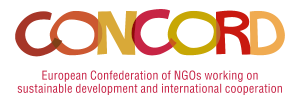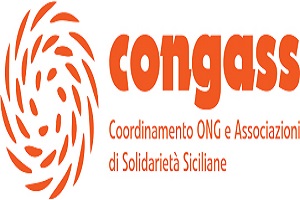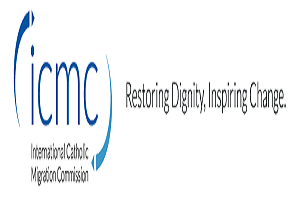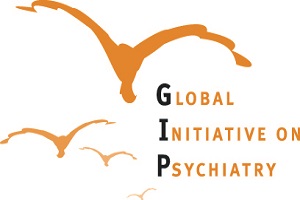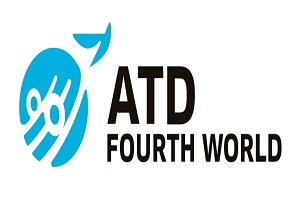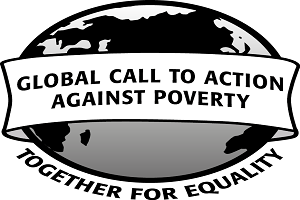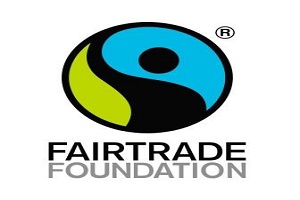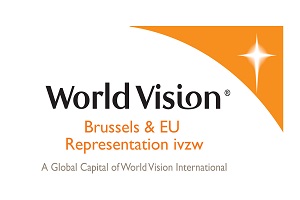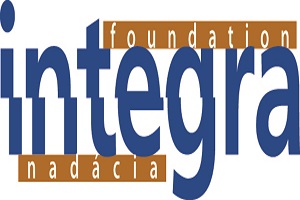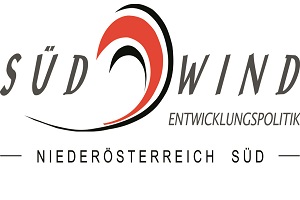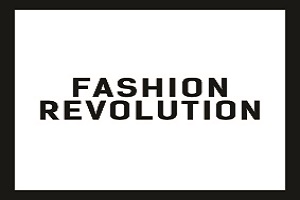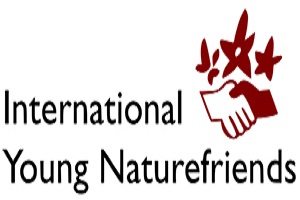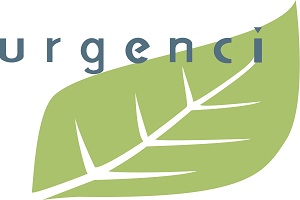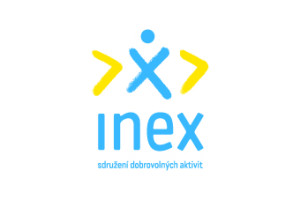The European Year for Development 2015 - Civil Society Alliance project
2014 - 2016During the EYD2015, CONCORD convened a broad alliance of approx. 170 civil society organisations, networks and campaigns from 14 different sectors, not only the traditional development and relief NGOs but also CSOs active in the fair trade, social and environmental sectors, youth and women’s movements, and many others. Also from countries outside the EU28, including Ukraine, Serbia, Albania, F.Y.R.o. Macedonia, Georgia and Azerbaijan. See more in MembersCSAlliance The Alliance also collaborated closely with other campaigns, among others, with action/2015, the Danish World’s Best News and the national EYD2015 programmes of EU Member States.
This Civil Society Alliance used the European Year 2015 for Development as an opportunity to:
- Foster critical discussions on and engagement for global justice among the citizens of the European Union, involving different stakeholders in the discussion, reaching beyond the usual development sector
- Engage specific groups of citizens, including political actors, and NGOs (both well-known and new constituencies/platforms of CSOs active in different fields) in critical discussions and in public activities at national and community level (related to the sub-granting mechanism)
- Organize European activities in dialogue with the EU institutions, ensuring proper space, visibility and effectiveness for the EYD2015
- Collect and cluster citizens’ input and propose policy recommendations to EU and national institutions

Activities
In addition to convening the Civil Society Alliance for the EYD and cooperating closely with other campaigns, the project activities included:
- Sub-granting mechanism of the Civil Society Alliance (75 % of the project budget) to support the implementation of the EYD activities at local, regional, national and European level – a call for applications, around 90 submitted applications, selection and negotiation processes, and 17 successful sub-granted projects implemented in different EU countries, also having links to global level. Further information on each sub-granted project on their dedicated websites.
- Advising, coordination and coaching support for shaping local, regional and national EYD activities in Europe
- Participation in the EC’s official EYD2015 website
- Communication activities complementary of the ones established by the EC
- Participation in and contribution to European events to influence the discourse on development towards universality, solidarity, engagement and individual and collective responsibility
- Ensuring adequate participation and contribution by civil society in centrally organised European level EYD events
- Organisation of 2 major civil society events
- Policy recommendations highlighting the role of citizens in the implementation of the 2030 Agenda for Sustainable Development
The EU funded project with a total budget of 1,17 Million Euros for 15 months and its 17 sub-granted projects reached approx. 17 million people at local, regional, national, European and global level. All EU Member States and some partner countries, such as Serbia and Turkey, were involved in the EYD2015 project activities. The Alliance raised awareness and fostered discussion through more than thousand events, such as small community events, school visits, trainings, mobilizations, seminars, conferences, advocacy events, and high level events, with altogether hundreds of thousands of participants. Throughout the year, the members of the Alliance actively co-curated the official EYD2015 website and social media accounts established by the EC – CONCORD two times for one week on behalf of the Alliance. In particular, the national and international social media and standard media campaigns by the sub-grantees were effective in reaching millions of readers, viewers, and followers European- and worldwide. Non-formal and experiential education actions, on the other hand, were more effective in involving citizens into critical discourse and developing narratives.
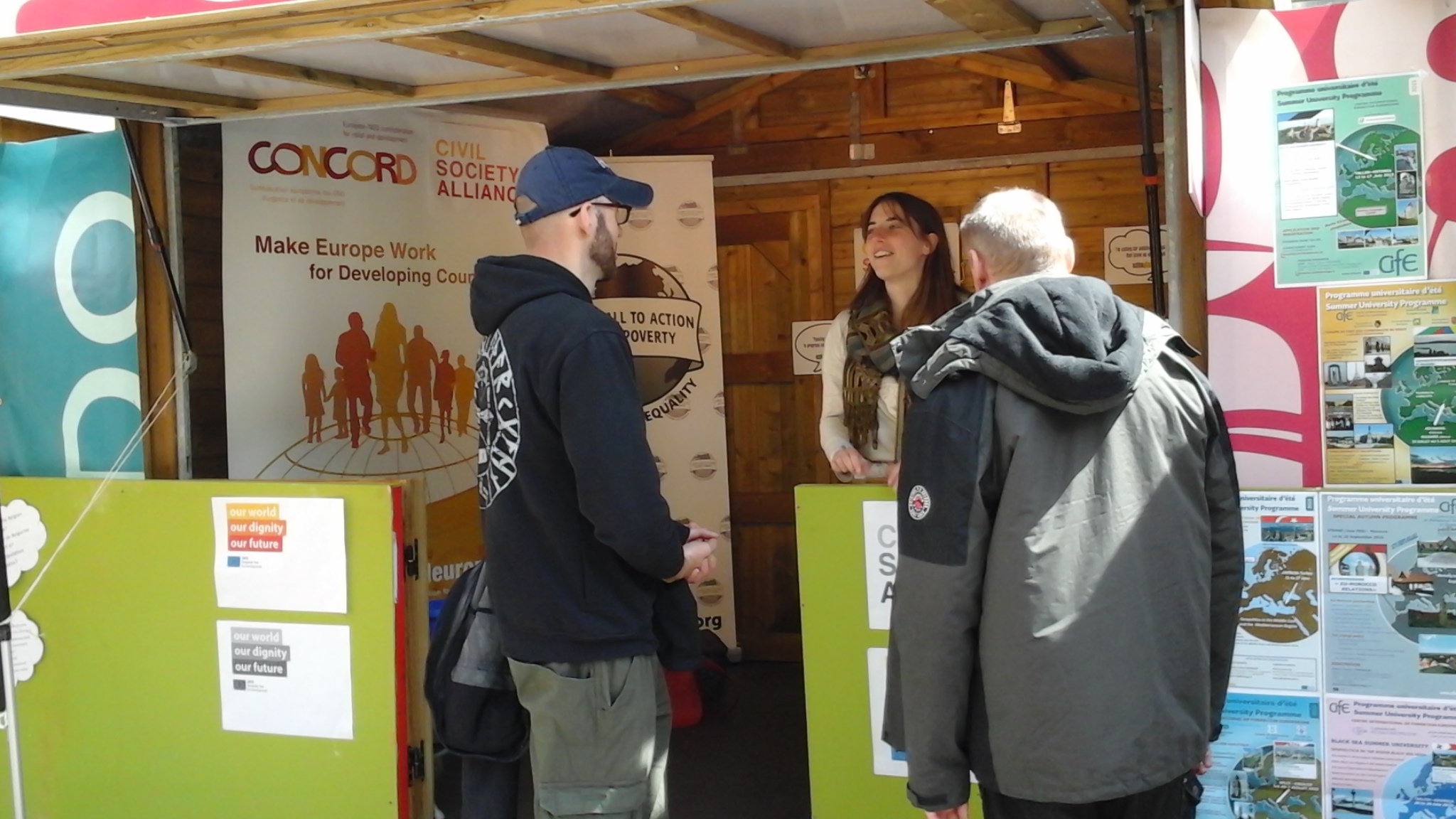
The project’s representatives, broad Alliance and sub-granted projects ensured representation of civil society and its contribution to the shift of public discourse in Europe on development beyond aid and charity to address universality, solidarity, engagement and individual and collective responsibility by highlighting global inequality and the need for global justice and equal opportunities. In particular, the messages referred to the universality of the new Agenda 2030 for Sustainable Development. The project centrally organised side events and its participants took part in European level events including those of the Latvian and Luxembourg EU presidencies and the EU institutions, among others as follows – as a speaker in the Opening of the EYD2015 in Riga, as a participant in the High-Level Event on Women’s Economic Empowerment and Sustainable Development in Riga, with a stand at the Opendoors day and a Civil Society Lounge at the European Development Days in Brussels and as a speaker in the Closing Ceremony of the EYD2015 in Luxembourg. As well as in several other events, such as the Conference on the role of non-traditional actors in development cooperation and Communicating European Development Policy – Civil Society Media Seminar 2015 by the EESC; the UN event – visit and exchange with youth by Secretary-General Ban Ki-moon; European Journalism Centre Seminar – 2015, A Key Year for Development; and the evaluation committee of the Shining Stars of Europe Video Contest on development cooperation – and in national level events in the Member States in the context of the Year, e.g. in Italy, Greece, Germany, Romania and the national EYD Days related to World’s Best News campaign. The project’s aim, fostering critical discussions on and engagement for and shifting public discourse to address global justice, was deeper in terms of its content than promoting the EU’s and the MSs’ development cooperation work – and the project successfully contributed to achieving this aim.

VIDEO from April 2015 below – Good News of the EYD2015 Project Ambassador Marius Wanders:

VIDEO below – Message by Charles Goerens, Member of the European Parliament:
E-magazines
Impact
As part of the EYD2015 – Civil Society Alliance project, CONCORD commissioned an independent External evaluator Alecos Kelemenis to carry out an extensive evaluation of the impact of the project – this is what he concluded..
What has been the project’s biggest achievement?
By following an inclusive approach, the project succeeded in reaching civil society actors from other sectors besides development. CONCORD openly invited any interested actors to join the Alliance, and in parallel activated its relationships with European networks in other sectors, to disseminate the project’s objectives further.
Key role to this end had the sub-granted projects, the selection of which was driven by the priority of reaching other civil society sectors. The sub-grants reached youth organisations, fair-trade campaigners, activists in other sectors such as the community-based agriculture, social actors such as trade unions, and even businesses. In particular, the emphasis was on young people who could be attracted by the use of new technology and become multipliers with their peers and communities. The sub-granted projects prioritised the notion of an interconnected world, the principles of “we” instead of “us and them”. Last but not least, the communication results of the sub-grants were remarkable. The project exceeded expectations, reaching out to approximately 17 million people through media, social media and communication campaigns, including through videos for TV and YouTube (some of which went viral), on-line petitions and campaigns on Facebook.
What has contributed to the success of the project?
The project design including the project internal structures were key success factors.
As CONCORD does not have direct interface with citizens, it was realised from the outset that the sub-granted projects would have that interface. The sub-grantees could reach out to their communities, their target groups, their networks, their politicians, their constituencies, etc. In this respect, the project design foresaw the establishment and implementation of a well-defined sub-granting mechanism, coordinated by a dedicated project team from the CONCORD Secretariat.
The project secretariat kept in frequent communication with the sub-grantees, provided communication tools and advice on contractual issues, and shared with them the most up-to-date information about policy developments at EU level. It also played a key role in supporting the Alliance’s communication work using the official EYD2015 website and social media. A challenge with the official website that the project secretariat tackled successfully was the avoidance of “duplication”, as all organisations have their own websites, social media accounts and communication strategies which they follow and maintain, while the EC wanted all communication material and activities to be channelled through the official EYD2015 website. Looking back at the implementation of project, the coordination of the project secretariat enabled civil society actors to increase visibility of the EYD2015, among others, through the use of the official EYD2015 social media channels.
The establishment and active engagement of the EYD2015_SteeringGroup was also pivotal for the success of the project. A nine-member Steering Group was set up and given a decision-making mandate. The Steering Group brought together people with a variety of expertise, and from diverse sectors and networks, consisting of CONCORD members and non-CONCORD members. Elements of good governance were present in the operation of the Steering Group, such as active participation by members, proactiveness and timely decision making, contribution of ideas and fruitful debates on the content and strategic orientation of the project, and transparency regarding the project’s progress and finances. All the Steering Group members were active, and they contributed their expertise and availability as the project needed. The Steering Group members acted both as a governance body and as experts providing their knowledge and expertise.
What are the learnings to take from the project? What is its legacy?
All in all, the project left a very important legacy, by strengthening the relationships between different European civil society actors. The EYD2015 project offered a great opportunity to the European civil society actors to break down the silos and reach each other under a formal partnership. Moreover, the project strengthened the relationships between civil society and the EU institutions. This relationship is greatly appreciated by both sides, and there is a strong determination to continue jointly in the future, building on the results of the Year. In this context, CONCORD confirmed its position as the main partner for dialogue on development between the EU institutions and European civil society. In parallel, the EU institutions recognized civil society as essential partner in their work.
What’s next? What are the opportunities for the future?
CONCORD has been working towards an existing European network, the SDG Watch (still its working title) whose aim is to take part in and monitor the implementation of the new 2030 Agenda for Sustainable Development. There are already civil society actors, including CONCORD, who are leading the process and who aim to seize upon the momentum in order to bring on board as many civil society actors as possible. The universality of the new sustainable development framework is conducive to the involvement of actors from various sectors and therefore the work done by the project can pave the way for continuation of joint actions in the future.
The sub-granted projects
Latest news
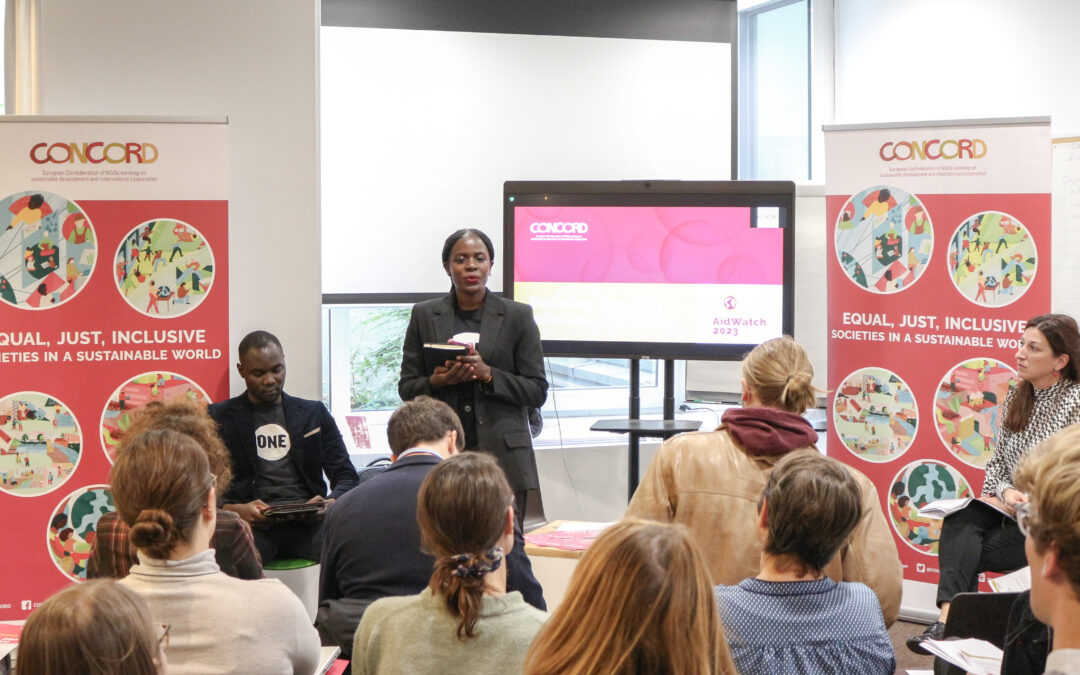
ODA under scrutiny: AidWatch 2023 launch event
On Wednesday 18th October, CONCORD launched its 2023 AidWatch report, ‘Bursting the ODA inflation bubble.’ The report analyses both the quantity and the quality of EU ODA, finding that although reported figures are at a record high, 22% of reported ODA did not meet the most basic criteria to qualify as such.
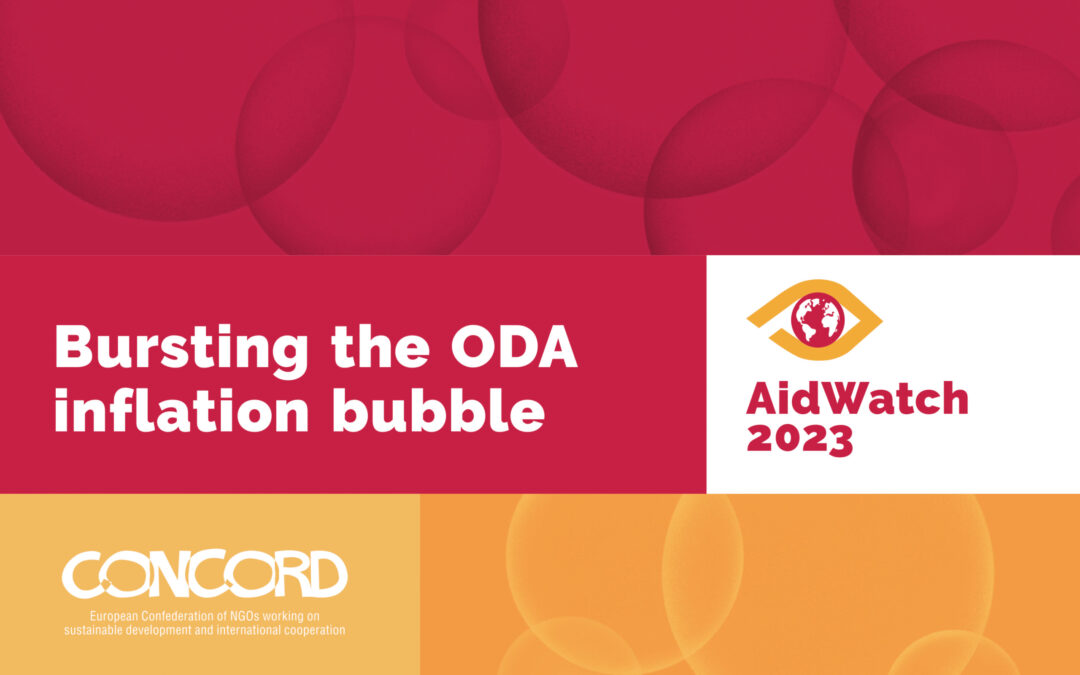
Bursting the ODA inflation bubble: AidWatch 2023 Report Unveils the Gap Between Rhetoric and Reality
While Official Development Aid (ODA) figures are reportedly at record highs, the AidWatch 2023 report shows how the EU and its Member States have managed once again to claim billions as aid that did not meet the most basic criteria to qualify as ODA.
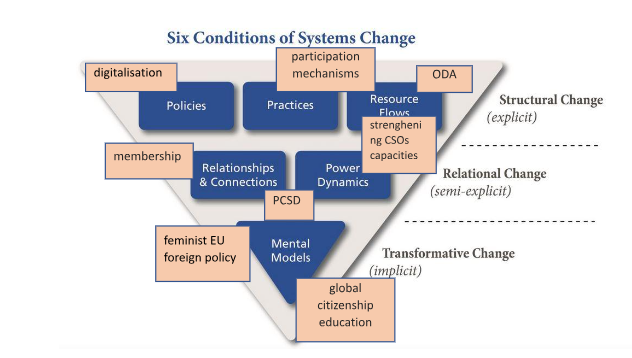
Navigating the Waters of Systems Change: Building a Just and Inclusive Future Together
Rilli Lappalainen, recently re-elected President of CONCORD, dedicates this month’s blog to explaining the processes of Systemic Change and how it can be integrated into the working structure of our Confederation.
